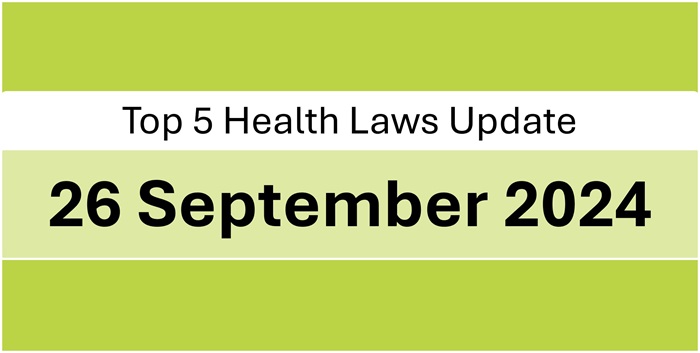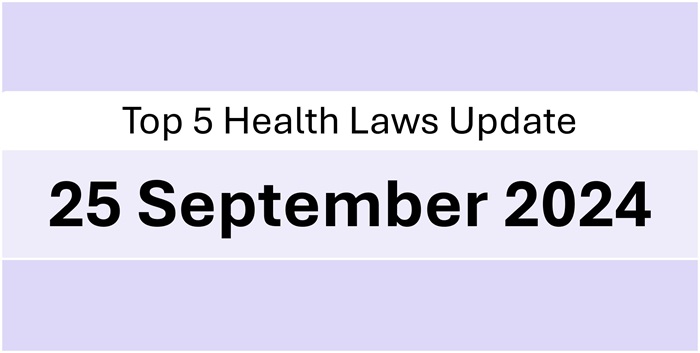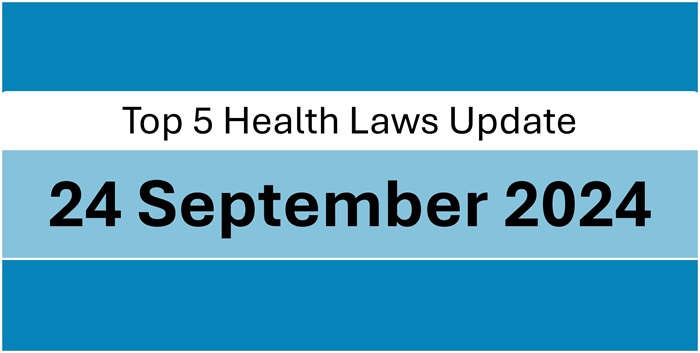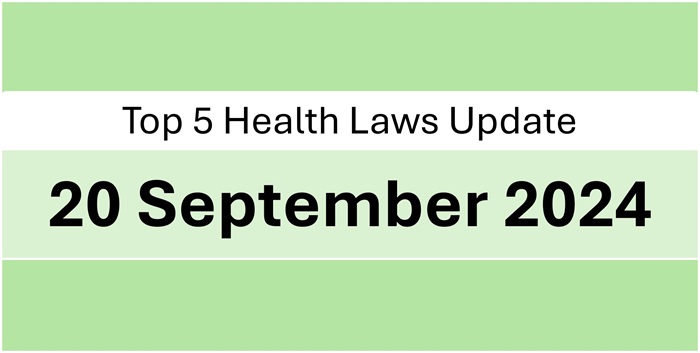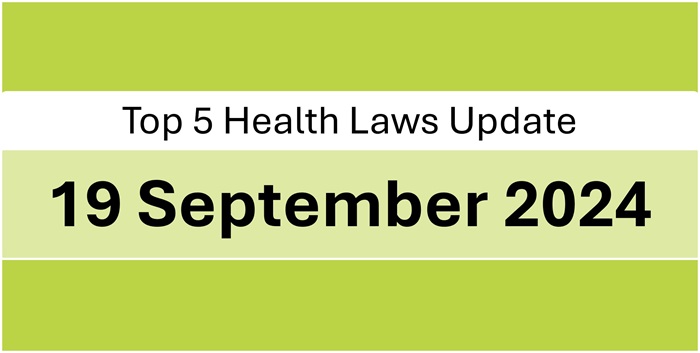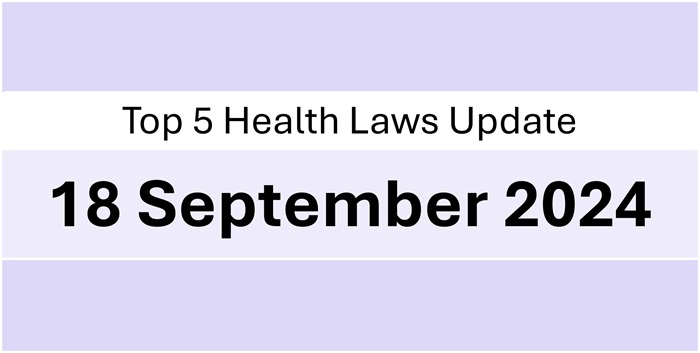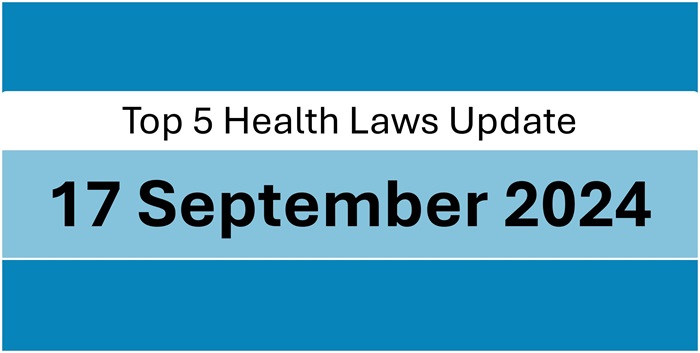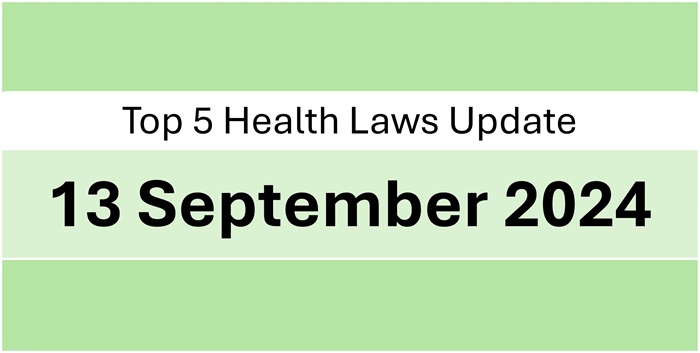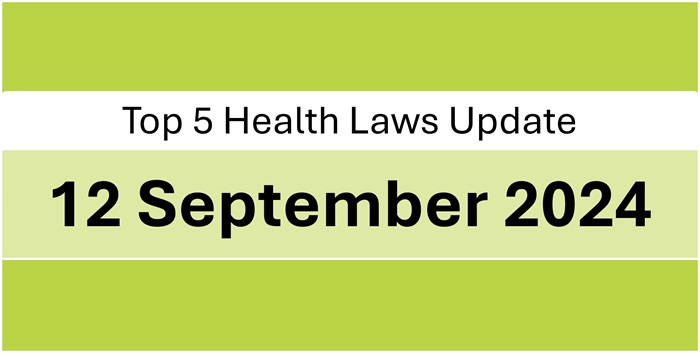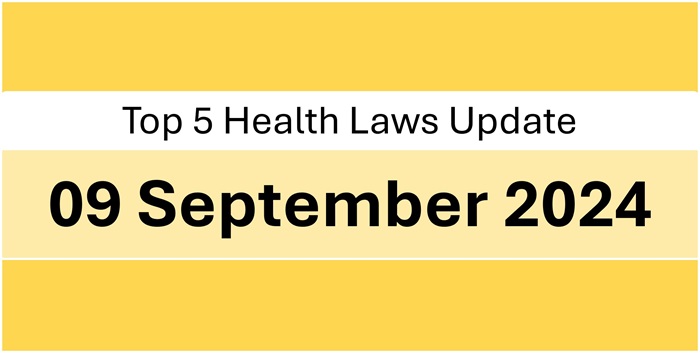Dear Readers, we are happy to share the most interesting legal and policy updates concerning health industry that we read today. We hope you enjoy reading it
1. The Indian Pharmacopoeia Commission (IPC) and India’s Central Drug Authority (CDSCO) have released Version 2.0 of the “Pharmacovigilance Guidance Document for Marketing Authorization Holders (MAHs) of Pharmaceutical Products” wherein they have extended the timelines to report non-serious adverse events within 90 calendar days from the previous proposed timelines of 30 days.
Source: bit.ly/4dctGCs
2. Drugs Consultative Committee (DCC), which advises the Central and State Governments on uniform implementation of drug laws in India, has reportedly advised all the State Licensing Authorities (SLA) to ensure that all applications are exclusively received and processed through the Online National Drugs License System (ONDLS) portal only.
Source: bit.ly/4ejO8Tr
3. The Federal Court of Australia has heavily penalized and ordered one of the leading manufacturers and suppliers of medical devices for unlawfully supplying Infuse Bone Graft Kit without LT Cage. The Australian Register of Therapeutic Goods (ARTG) prevents the supply of Infuse Bone Graft Kit without LT Cage.
Source: bit.ly/3XChUMd
Source: bit.ly/4dlv5H1
4. The World Health Organization (WHO) has released guidance on best practices for clinical trials to improve the design, conduct, and oversight of clinical trials in countries of all income levels. The guidance provides recommendations to the national health authorities, regulatory authorities, funders, and others on how to facilitate clinical trials to generate evidence on health interventions in addition to practical concerns.
Source: bit.ly/47Fc0hI
Source: bit.ly/4ezzQxN
5. India’s Central Drug Licensing Authority has reportedly introduced new guidelines to lower the frequency of drug testing for imports from nations like the US, Australia, Japan, Canada, and the European Union, to one sample from every two years’ worth of consignments or one sample out of every 20 consecutive consignments, whichever occurs first provided the drug samples maintain a clean record with no quality failures in the last five years.
Source: bit.ly/3Bgacjo

